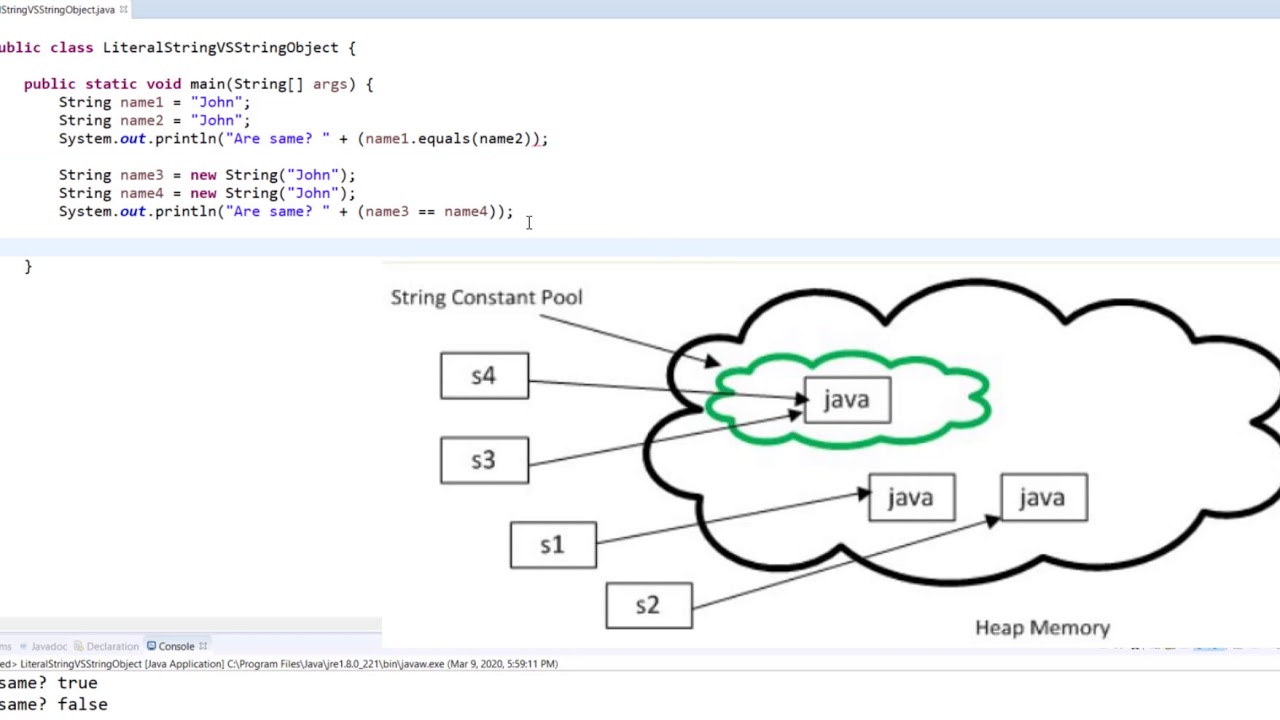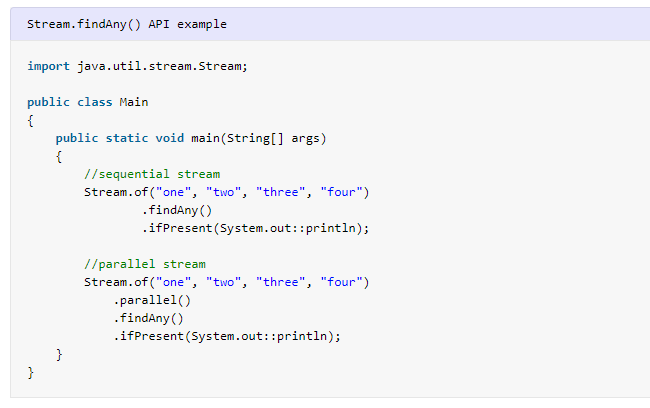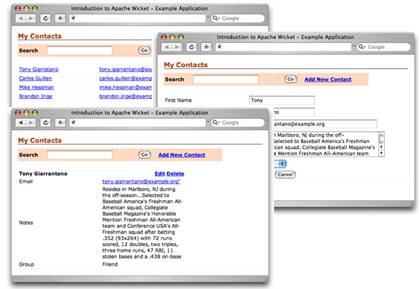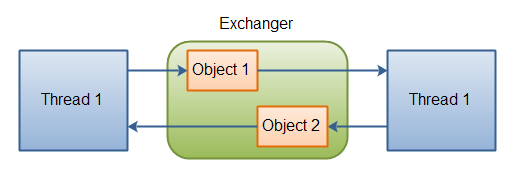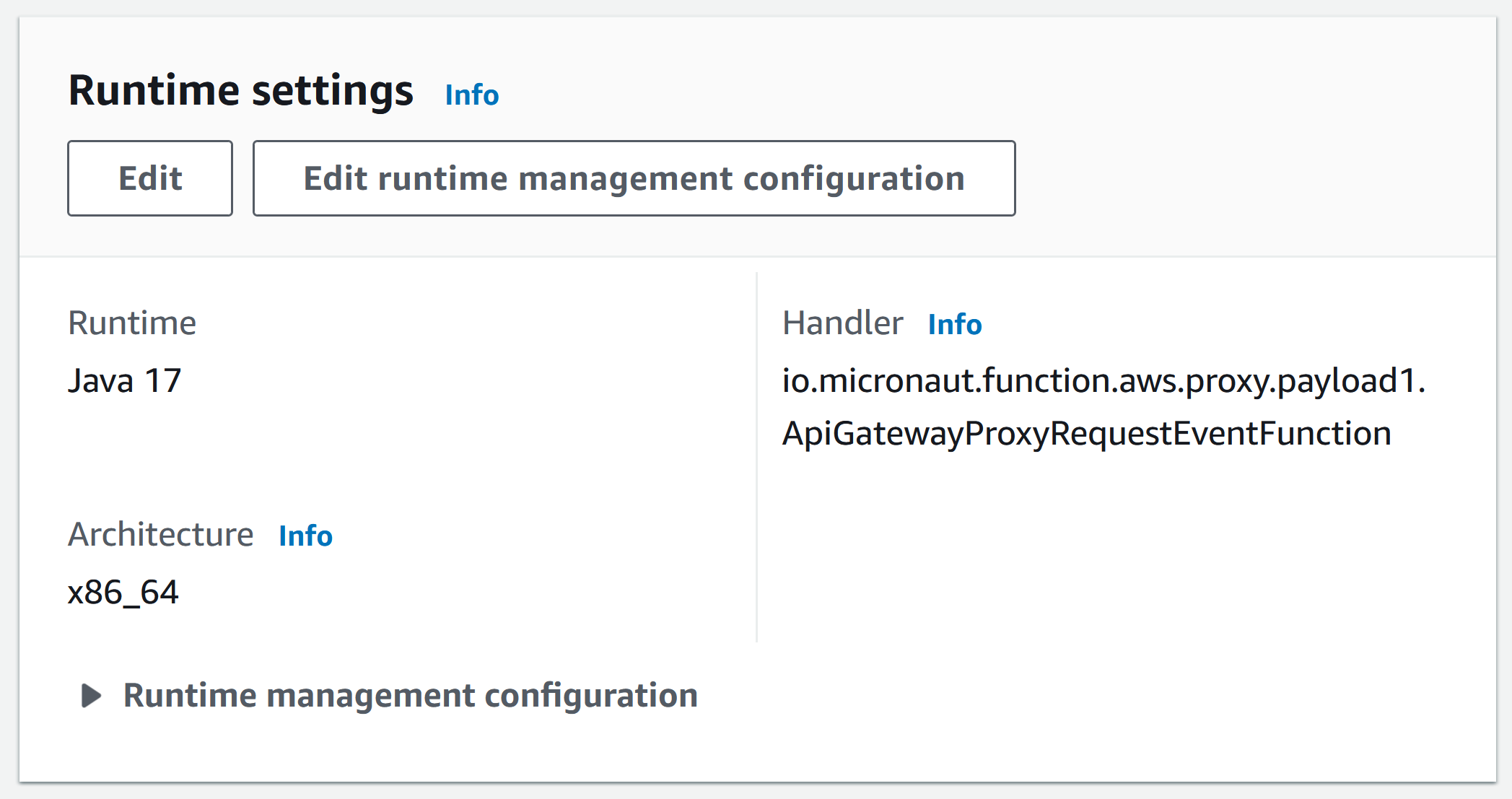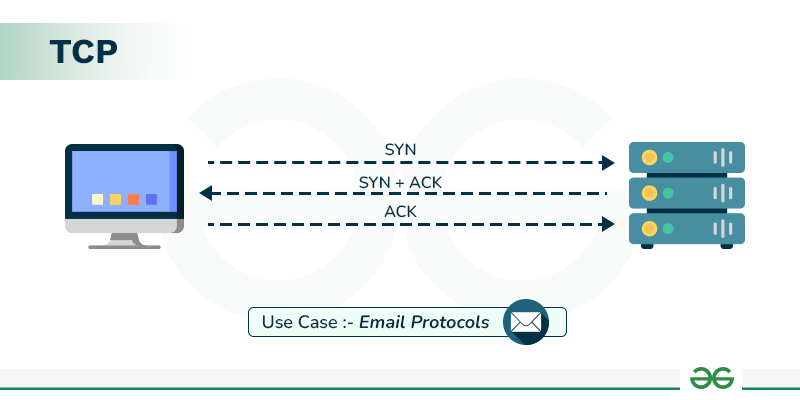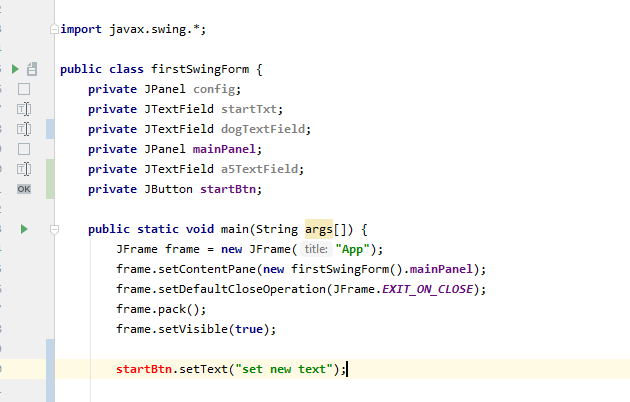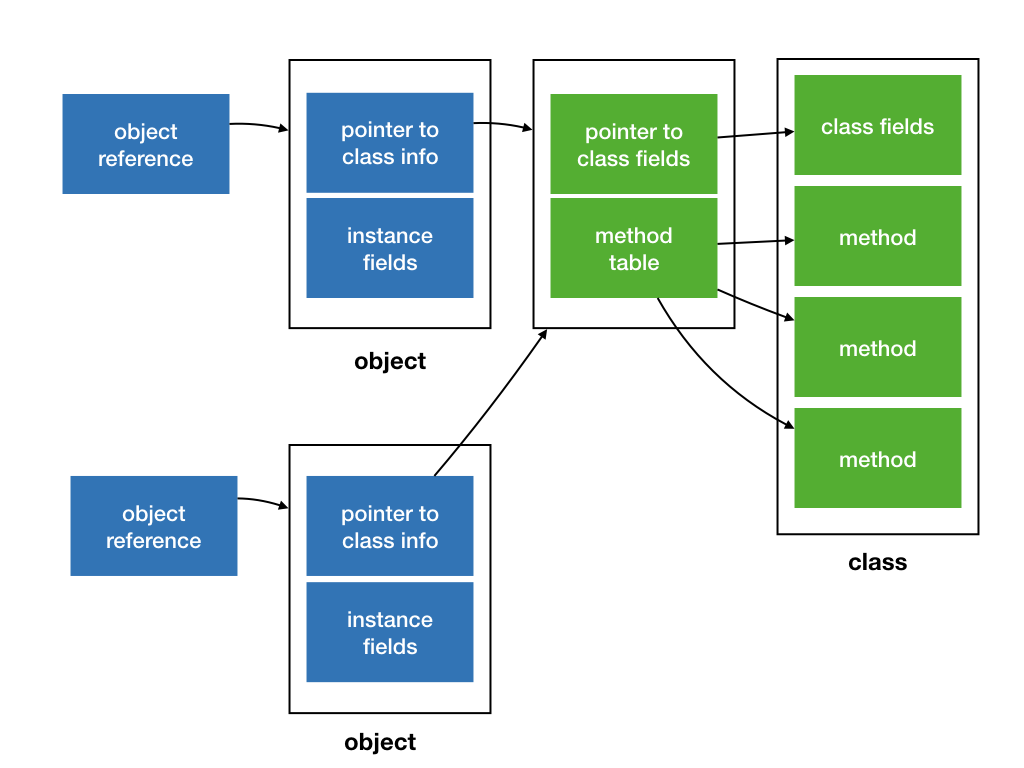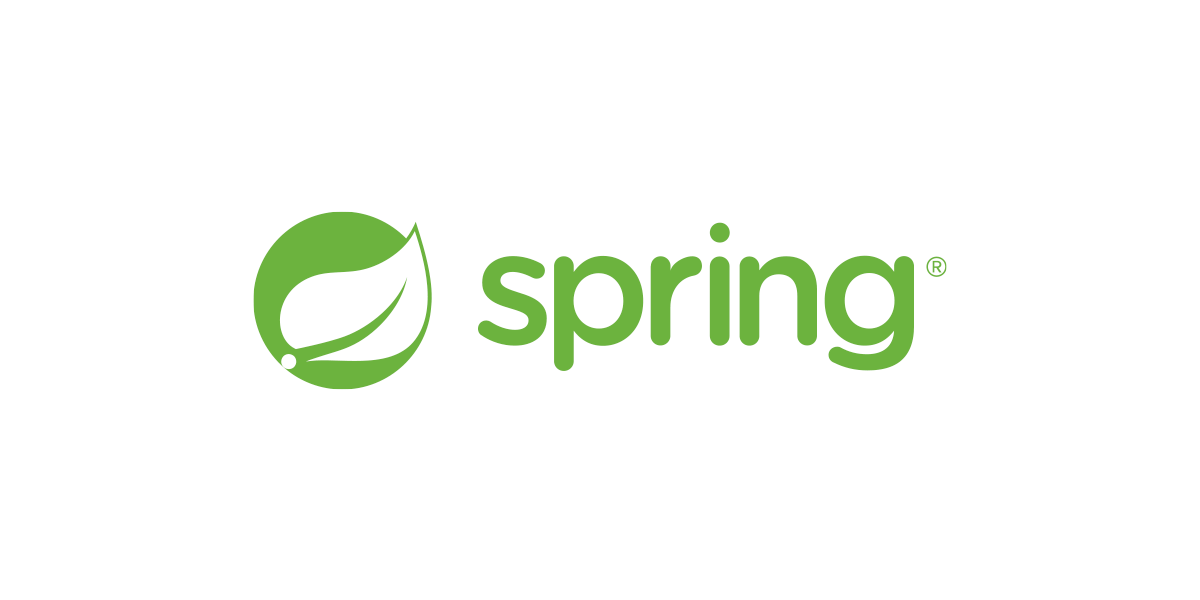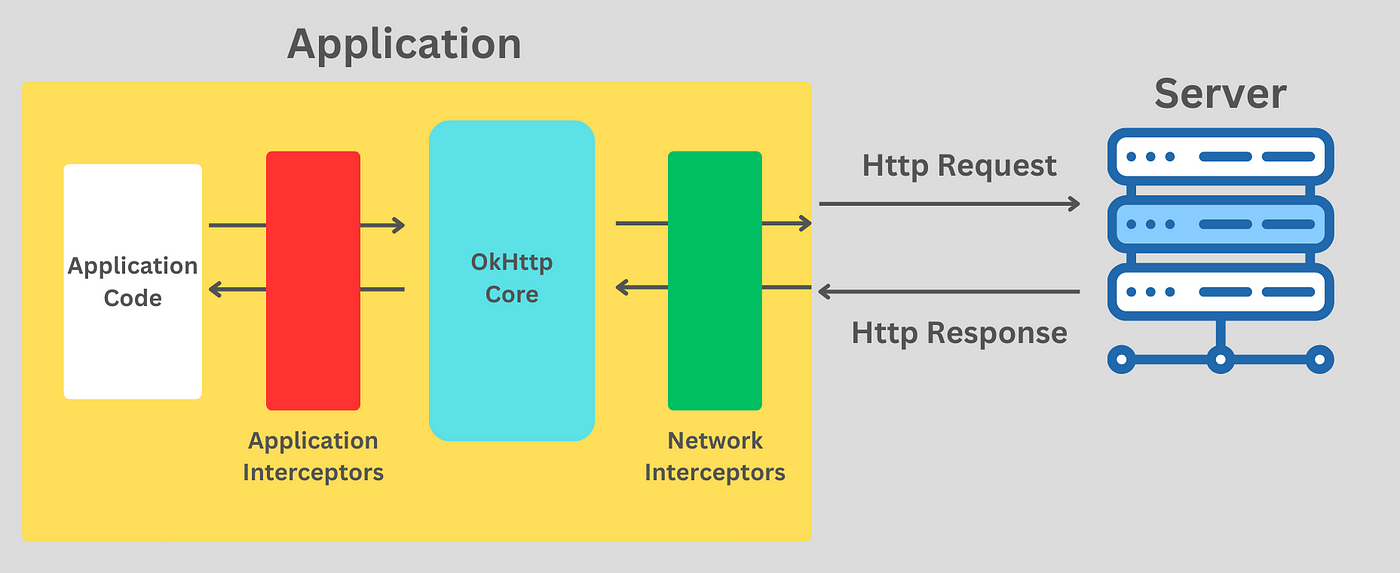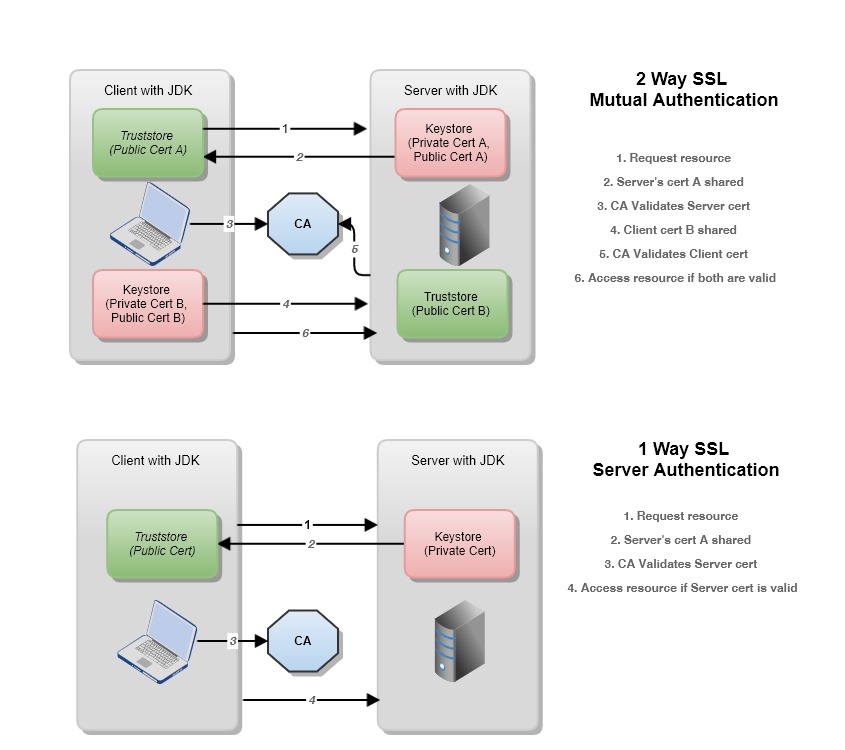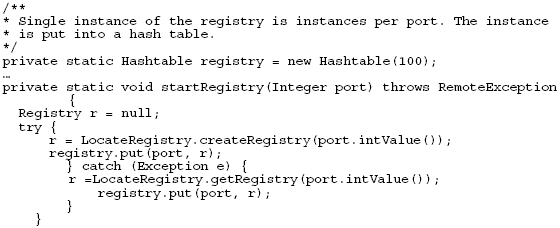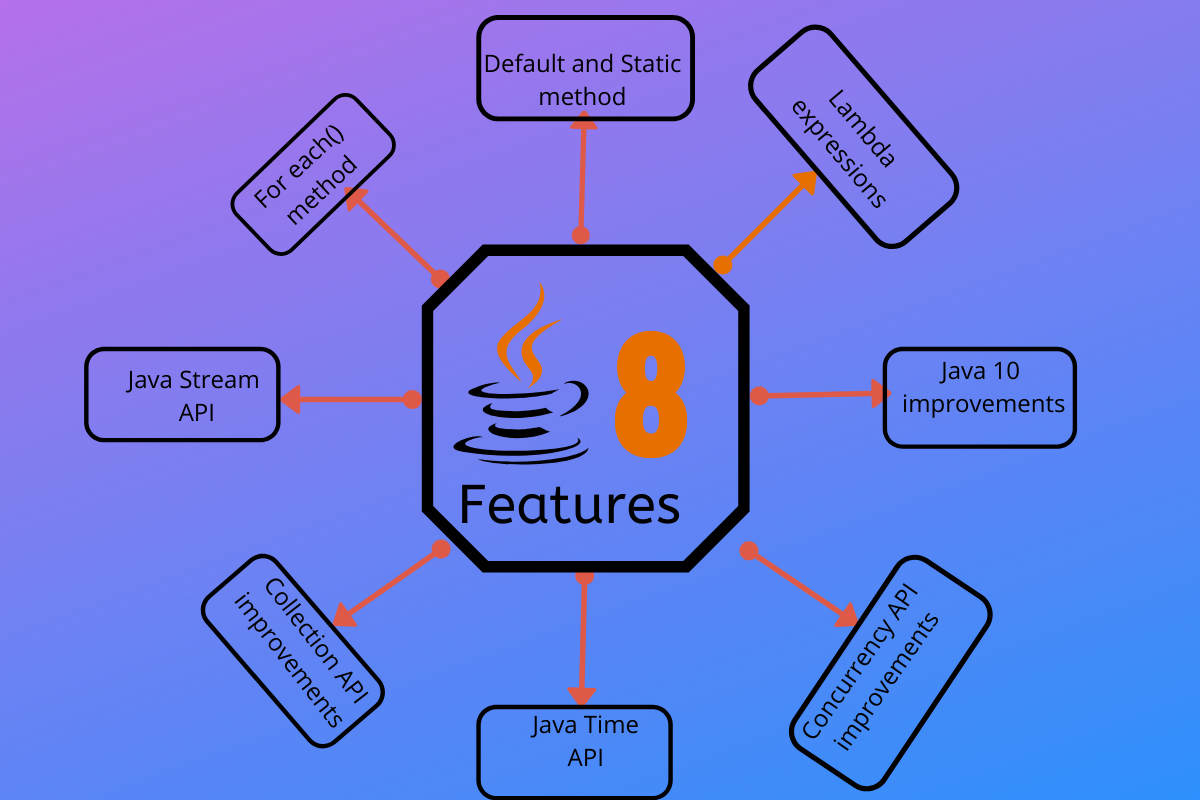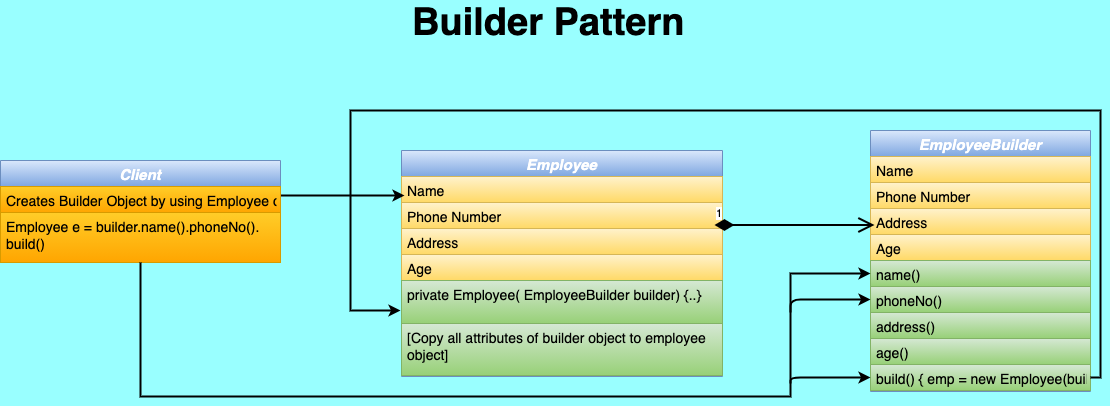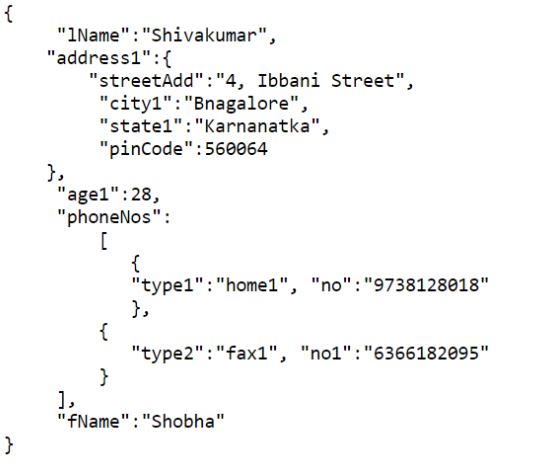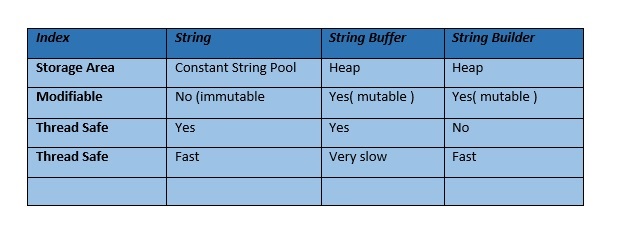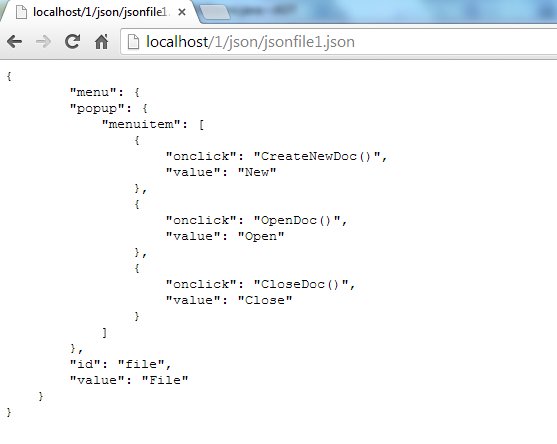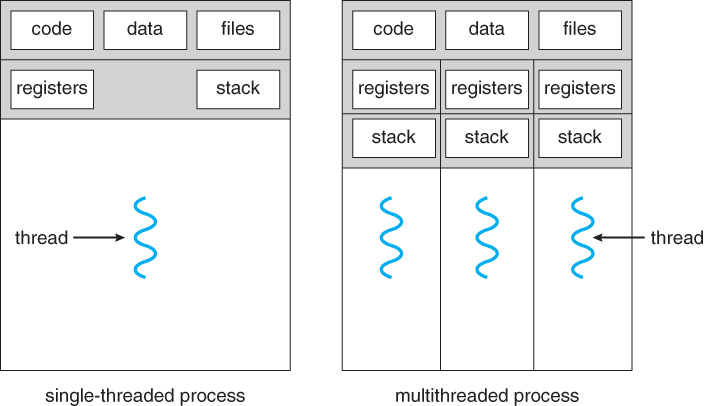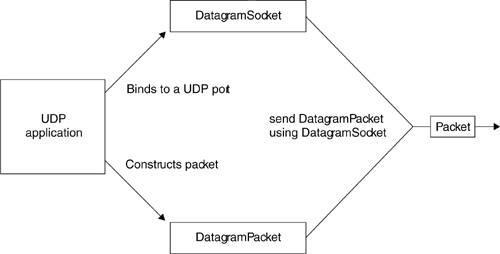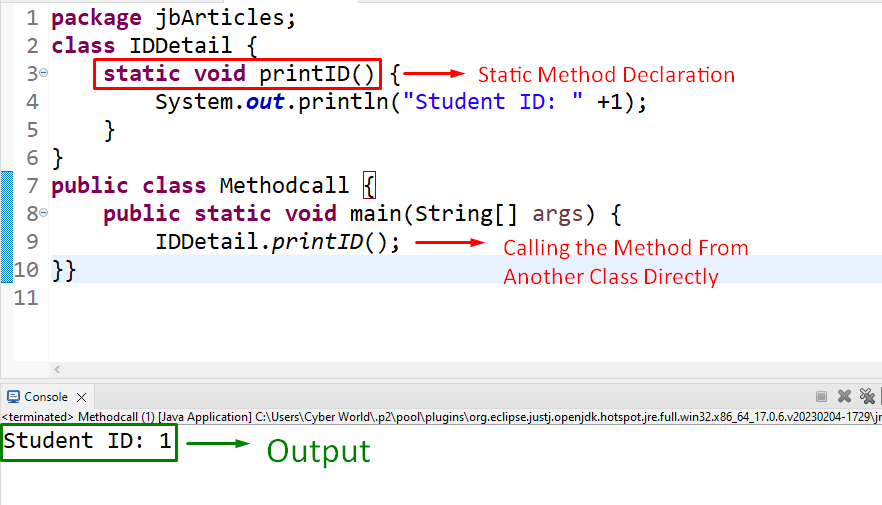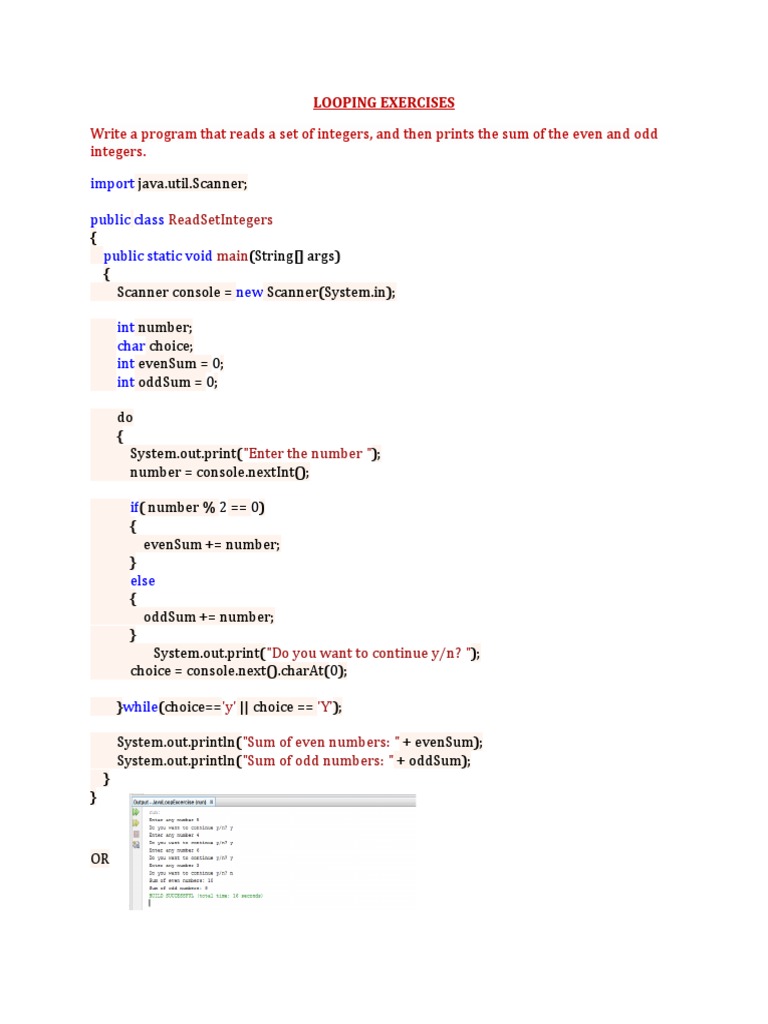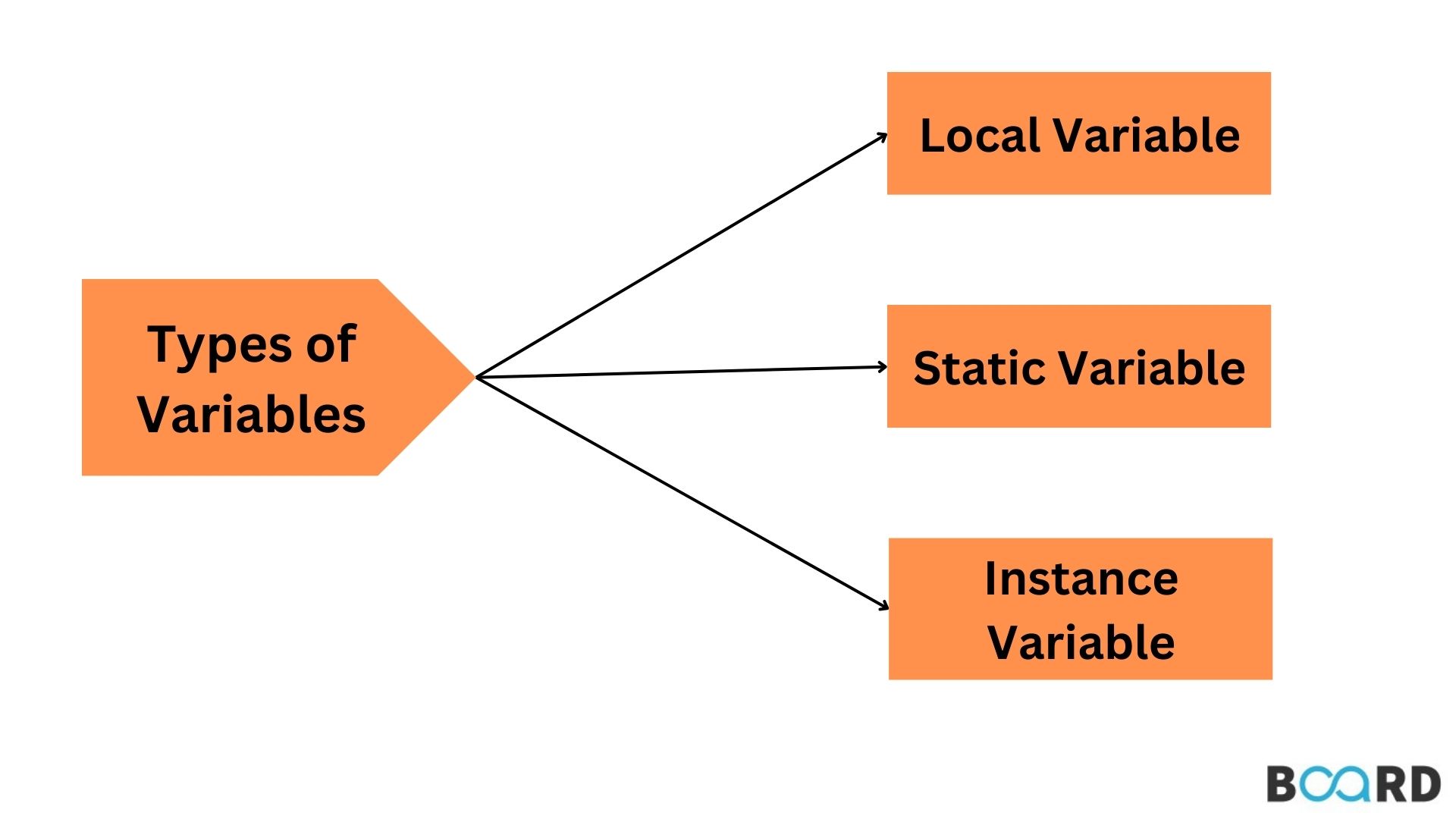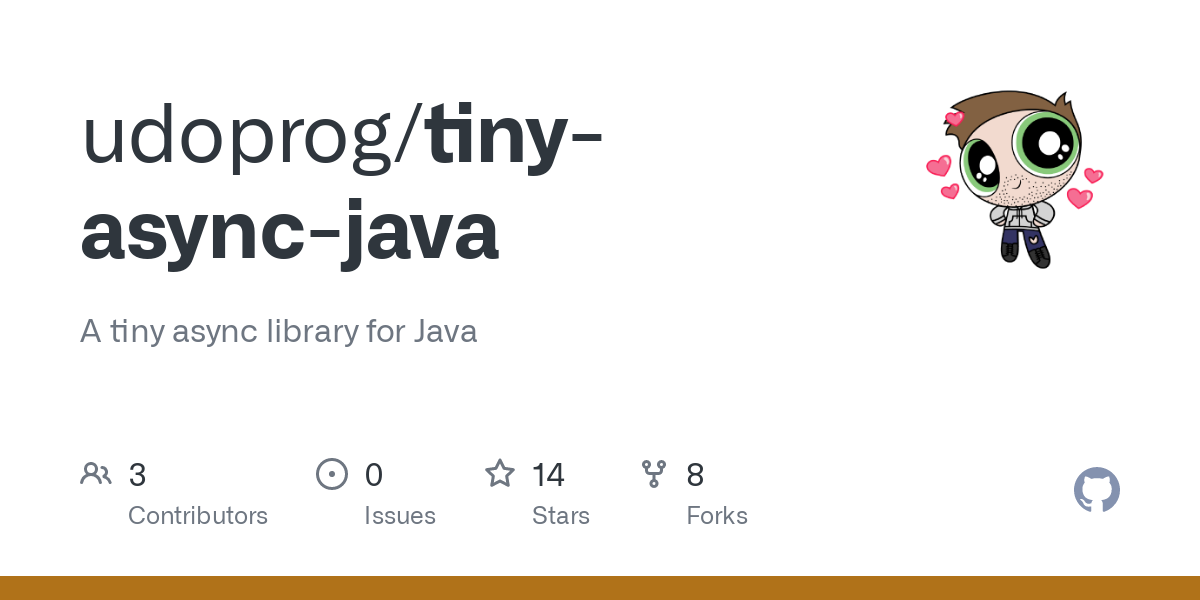Which industries use Java the most?
Which industries use Java the most?
Java is a versatile programming language that has been widely adopted across various industries due to its platform independence, scalability, and reliability. Here are some of the top industries that heavily rely on Java:
Financial Services: Banks, financial institutions, and insurance companies use Java for developing trading platforms, risk management systems, and customer-facing applications. Major players like JPMorgan Chase, Goldman Sachs, and Citigroup have large-scale Java-based infrastructure. E-commerce: Online retailers like Amazon, eBay, and Alibaba Group rely on Java to power their e-commerce platforms, including order processing, inventory management, and payment gateways. Healthcare: Medical institutions, hospitals, and pharmaceutical companies use Java for developing patient record systems, medical imaging analysis software, and clinical trial management tools. Companies like Epic Systems and Meditech leverage Java for their healthcare IT solutions. Gaming: The gaming industry heavily relies on Java for developing games, game engines, and simulation software. Popular game developers like Blizzard Entertainment (World of Warcraft) and Valve Corporation (Steam) use Java as a core technology. Education: Educational institutions, universities, and online learning platforms use Java for developing interactive educational content, grading systems, and student information management tools. Government: Governments worldwide employ Java for building national security systems, intelligence gathering tools, and administrative applications. Countries like the United States, Canada, and Australia rely on Java-based infrastructure for their government agencies. Manufacturing: Industrial automation, manufacturing execution systems (MES), and supply chain management software often utilize Java's strengths in scalability, reliability, and real-time processing. Aerospace: Aerospace companies like NASA, Boeing, and Lockheed Martin use Java for developing flight control systems, navigation tools, and satellite communication systems. Defense: Military organizations and defense contractors rely on Java for building secure communication systems, threat detection algorithms, and intelligence gathering tools. IT and Technology: Many tech companies use Java as a core technology for their software development, including Android app development, cloud-based services, and enterprise applications.In summary, Java's versatility, scalability, and reliability make it an ideal choice for various industries that demand robust, secure, and high-performance systems. Its widespread adoption ensures that many organizations can leverage its strengths to drive innovation and growth across diverse sectors.
Why is Java used
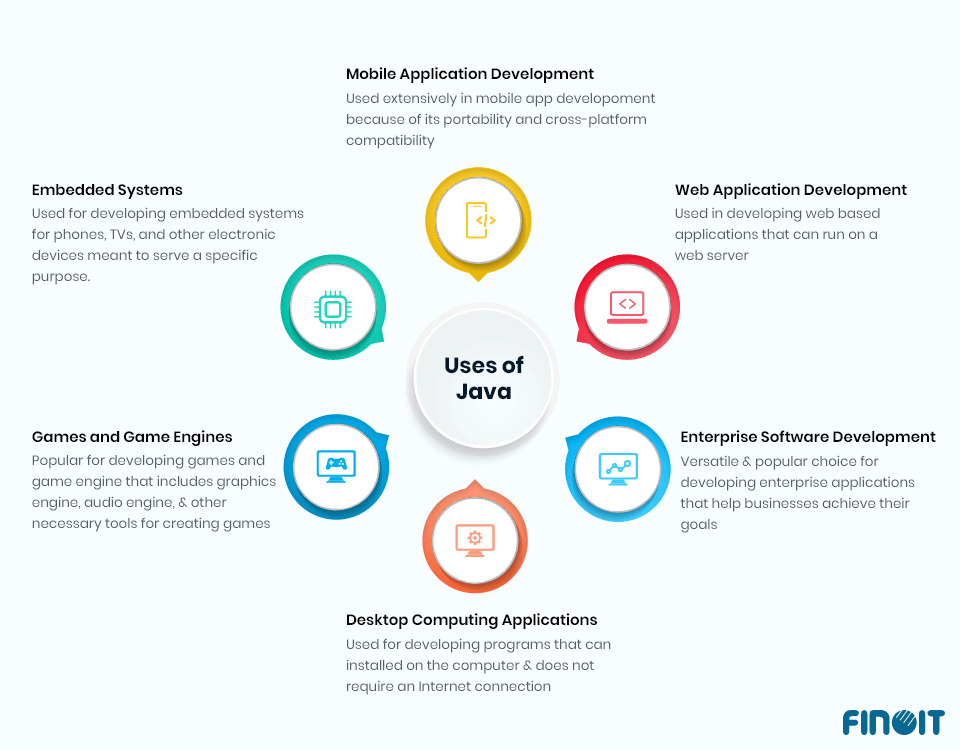
Java is a popular programming language and platform that has been widely adopted across various industries due to its numerous advantages and versatile capabilities.
One of the primary reasons for using Java is its "write once, run anywhere" mantra, which means that a single program written in Java can run on any device, regardless of the operating system or hardware platform. This cross-platform compatibility makes it an ideal choice for developing applications that need to be deployed across multiple environments, such as Android apps, web applications, and enterprise software.

Another significant advantage of using Java is its object-oriented programming (OOP) features, which allow developers to create reusable and modular code. Java's OOP support enables the creation of robust and maintainable software systems by promoting encapsulation, inheritance, and polymorphism. These features facilitate the development of complex applications that are easier to understand, modify, and extend.
Java is also renowned for its robust security features, which provide a high level of protection against potential threats and vulnerabilities. Java's sandboxing mechanism ensures that untrusted code cannot harm the host system or access sensitive data. This makes it an attractive choice for developing applications that require strict security controls, such as financial transactions systems and secure communication protocols.
In addition to its core programming language features, Java has a vast ecosystem of libraries, frameworks, and tools that simplify development, accelerate prototyping, and enhance productivity. For instance, the Spring framework provides a comprehensive set of libraries and tools for building robust enterprise applications, while the Hibernate ORM (Object-Relational Mapping) tool simplifies database interactions and data mapping.
Java's popularity in mobile application development is another significant factor driving its adoption. Android OS, which is based on Java, has become one of the most widely used operating systems globally, making Java a crucial skill for developers seeking to build apps for the Android platform.
Furthermore, Java's vast community of developers, learners, and contributors creates a collaborative environment that fosters innovation, knowledge sharing, and best practices. The language's wide adoption has led to a wealth of resources, tutorials, and documentation available online, making it easier for newcomers to learn and get started with Java development.
In summary, Java is widely used due to its versatility, cross-platform compatibility, robust security features, extensive libraries and frameworks, and vast community support. These advantages make Java an attractive choice for developing a wide range of applications, from mobile apps and web services to enterprise software and embedded systems.

